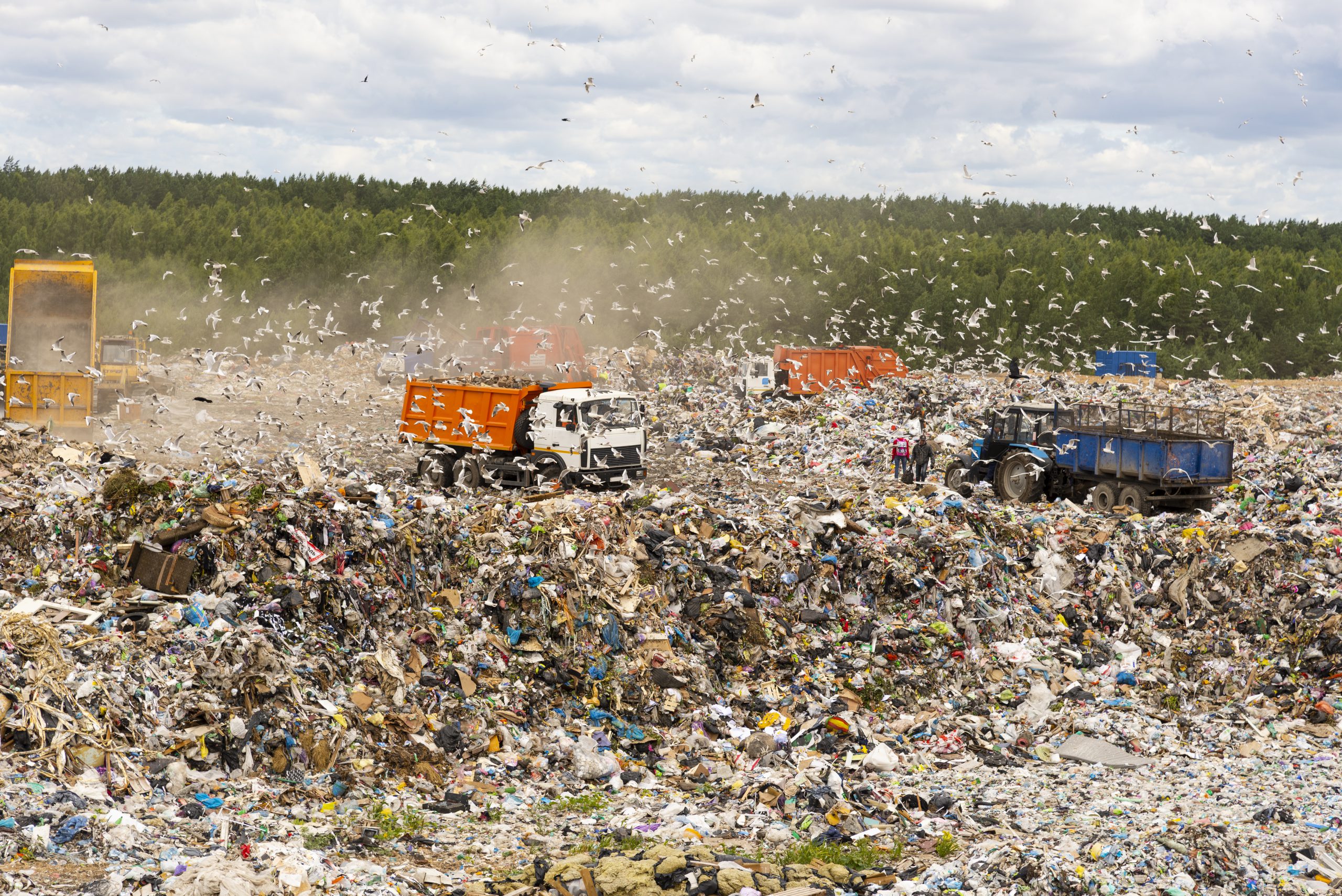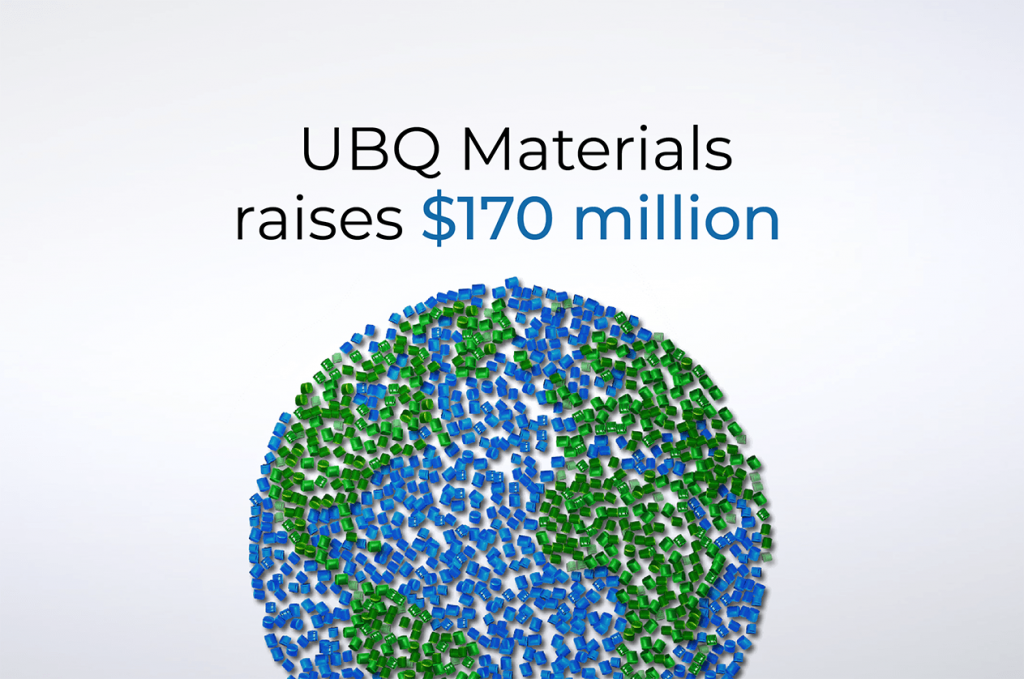Global waste management issues create serious environmental, health, safety, and financial consequences. The drive to use technology to reduce waste is a core endeavor of the United Nations sustainable development goals (SDGs), which aim to reduce these adverse effects.
As industries worldwide work towards implementing zero-waste technology initiatives, their efforts are sometimes complicated by the various ways zero-waste and zero-waste materials are defined. Some even question whether zero-waste is even possible. While many manufacturers, industries, and countries agree there are benefits to zero-waste, there remain many others who have been slow to adopt a zero-waste mindset.
The Waste Management Hierarchy
The waste management hierarchy ranks waste management options according to what’s best for the environment. It adheres to what’s referred to as either the three, four, or five Rs of waste management:
- Reduce
- Reuse
- Recycle
- Repurpose
- Recover
Each is designed to help cut down on the amount of waste thrown away and deposited in landfills.
All zero-waste initiatives focus on adequately managing waste to bypass landfills and reduce environmental impact. Because every industry has different manufacturing processes, it can be challenging to define what zero-waste is in each sector. It usually begins with identifying the type of waste a manufacturer produces in the first place.
The Benefits of Zero-Waste Manufacturing
Zero-waste manufacturing is designed to support circular economies by adopting manufacturing technologies and systems aimed at eliminating waste throughout the supply chain. One of its primary focuses is preserving people, the planet, and profits by reusing materials until their optimum level of consumption is achieved.
There’s a long list of products that can be made from sustainable materials, including bamboo, jute, coconut, and, in the case of UBQ™ material, bio-based plastic alternatives. Zero-waste production comes with significant environmental, personal, and economic benefits.
- Natural resources preservation. Following the three Rs during the manufacturing process helps keep waste out of landfills and gives manufacturers the opportunity to reuse materials to create new products. It’s an energy-efficient approach that can significantly reduce the amount of natural resources, including water, that are used to produce a diverse range of products.
- Reduction in global warming. Zero-waste manufacturing minimizes changes in global climatic patterns due to harmful human activities. The EPA in the United States estimates the production of everyday goods like plastic packaging and processed foods contributes a significant amount to the world’s greenhouse gas (GHG) emissions. A zero-waste process helps conserve energy and minimize these emissions.
- Promotion of social equality and community development. Zero-waste systems help protect community health and support marginalized communities. They reduce air pollution and prevent water and soil contamination by keeping toxic waste out of incinerators and landfills.
While conventional wisdom suggests it’s not currently feasible to be entirely free from waste, there’s no denying zero-waste manufacturing and disposal have apparent economic, social, and environmental benefits that make it worth working towards.
Want to Go Zero Waste?
More and more companies are implementing at least some zero waste materials and methods into their manufacturing processes. Those who have done so report their efforts have had a positive effect, as witnessed by:
- Reduced costs, including transportation costs.
- A boosted image.
- A competitive edge.
Prominent examples of companies that have gone zero-waste include:
- Subaru, which recently celebrated a decade of sending zero-waste from its manufacturing process to landfills.
- Unilever, which has not only achieved its zero-waste to landfill goals but also reduced the amount of waste it produces.
- Google, whose waste management efforts have resulted in six of its global data centers diverting all waste from landfills.
Each of these zero-waste companies is helping to pave the way to a more sustainable future. They’re also realizing significant benefits in their waste management programs and financial outlook.
UBQ is helping a diverse group of manufacturers embrace zero-waste technology and meet their sustainability goals. Our climate-positive plastic alternative material is being used to create fast-food restaurant trays, household products that are typically produced using oil-based resins, automotive parts, garment hangers, and more. We’re proud to be playing a role in helping manufacturers meet their sustainability challenges head-on and we’re excited to see where our common zero-waste goals will take us.


